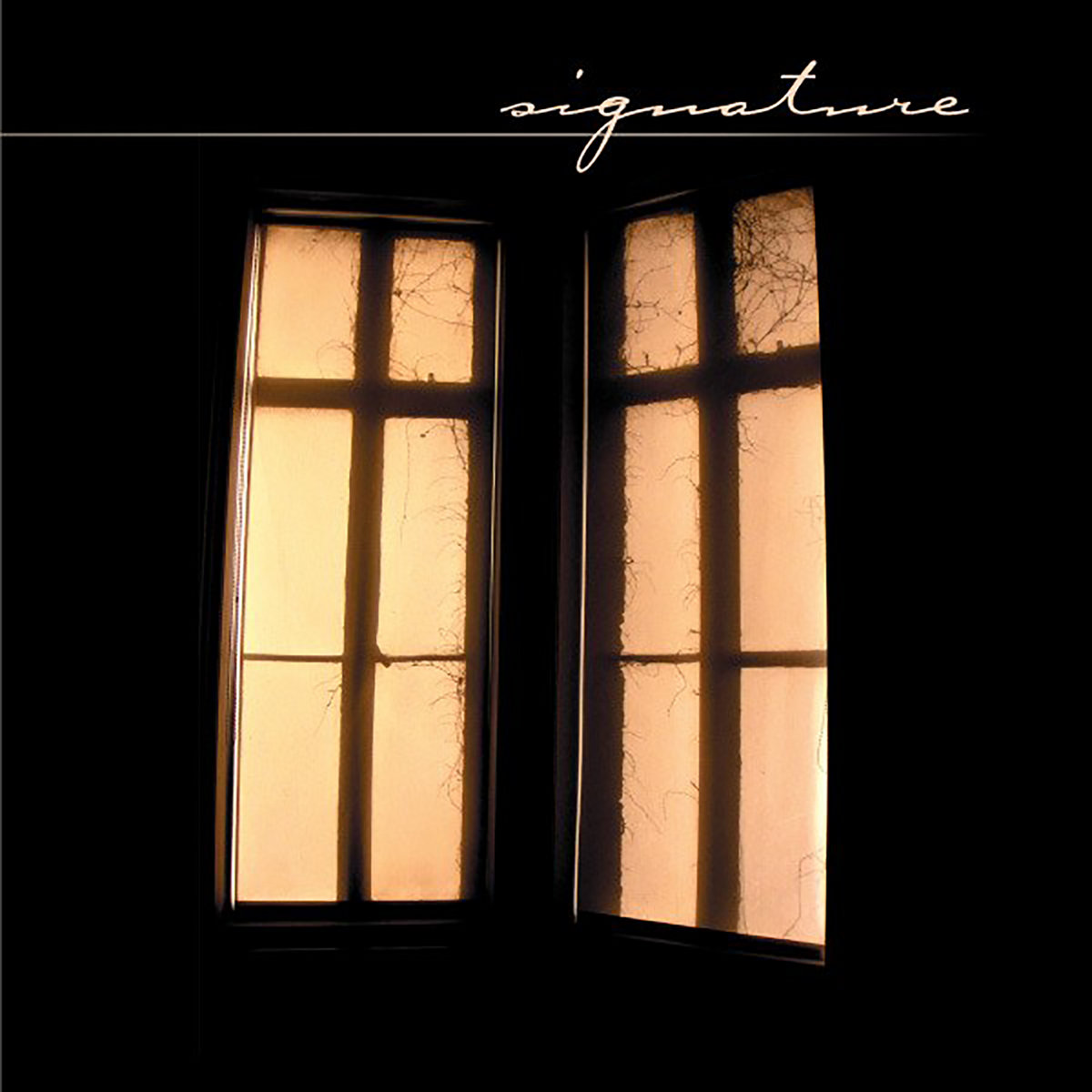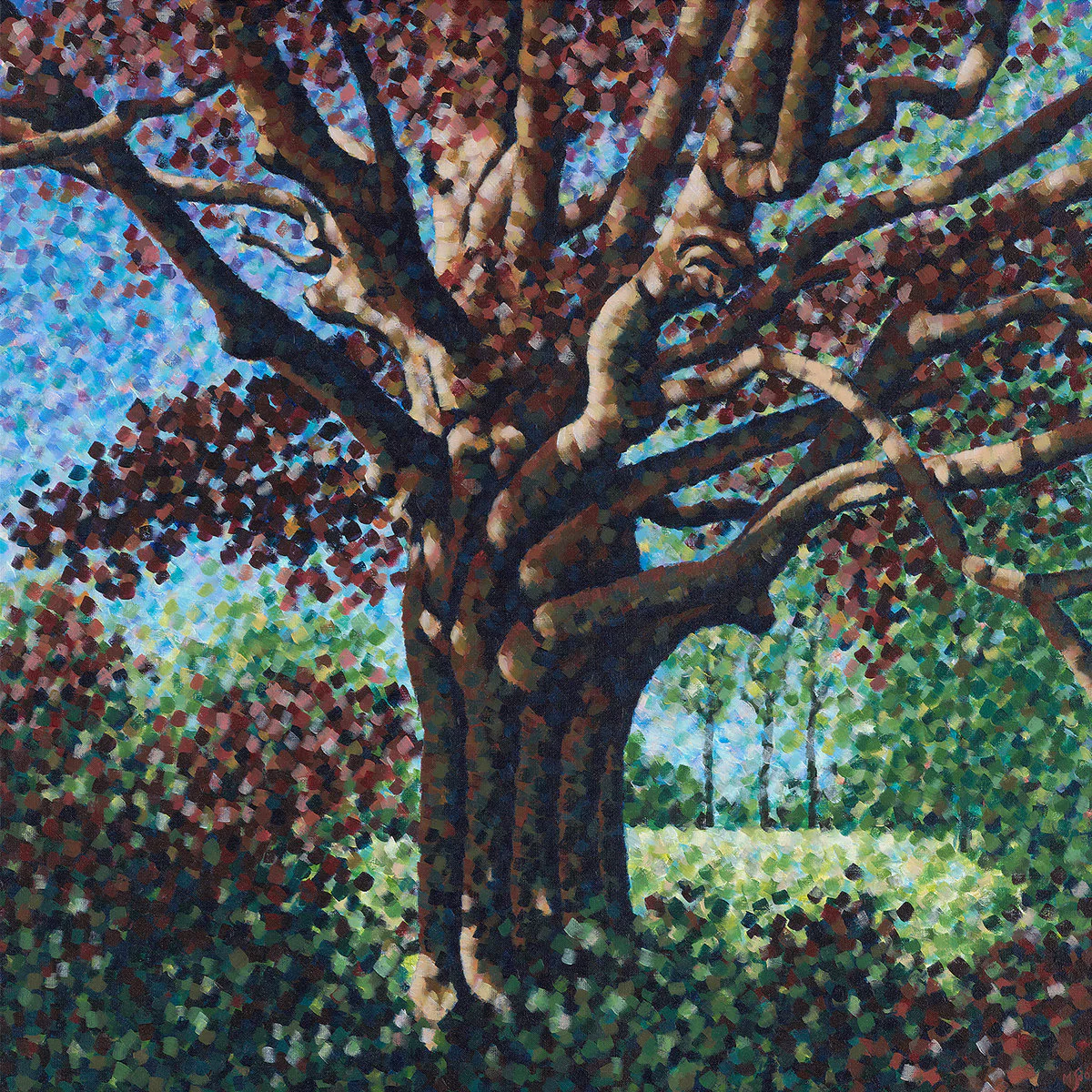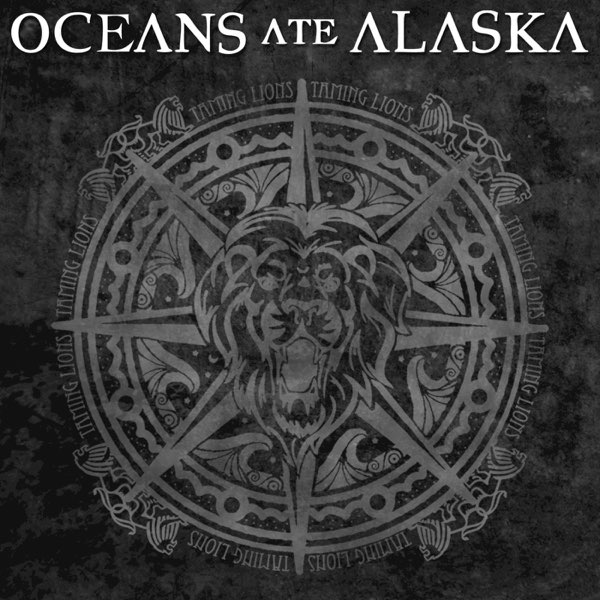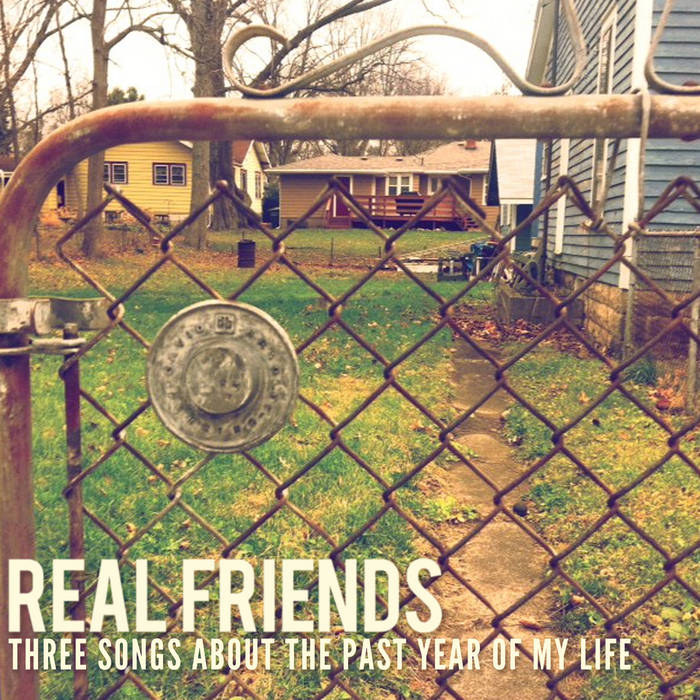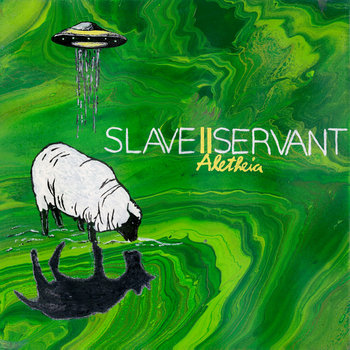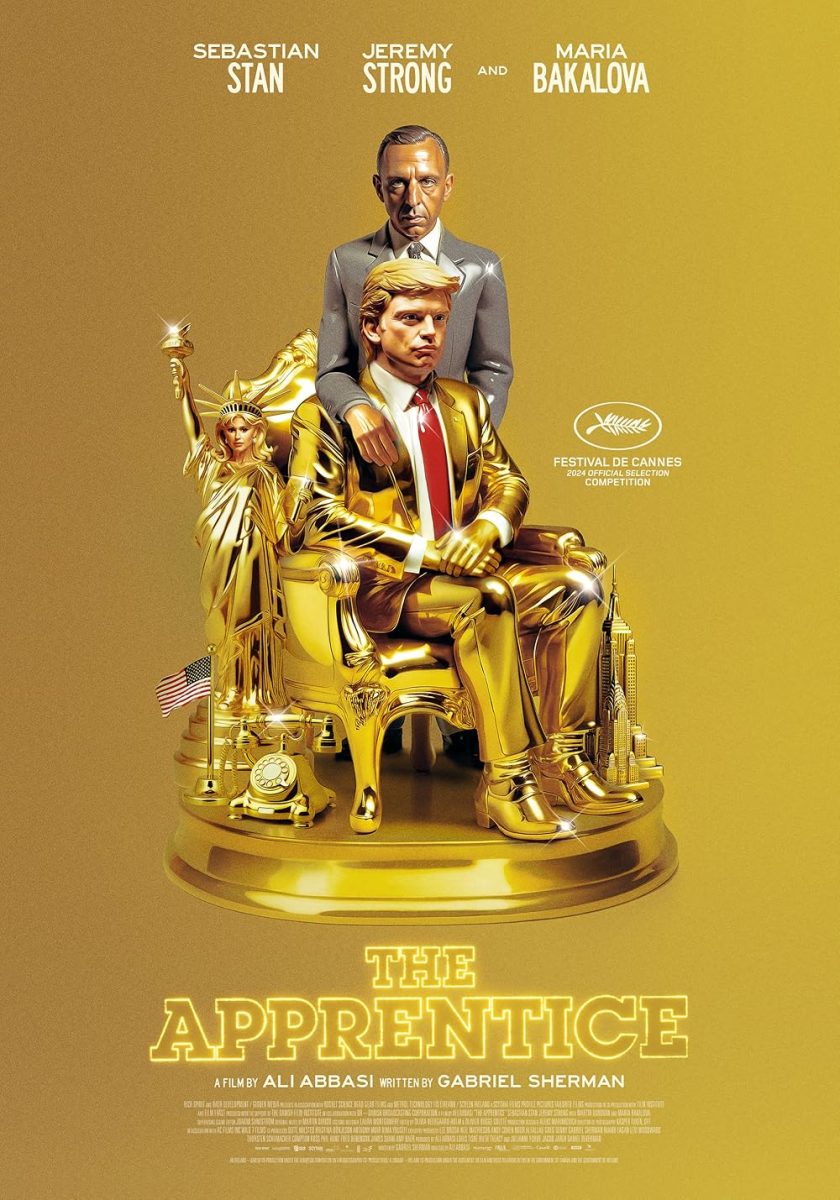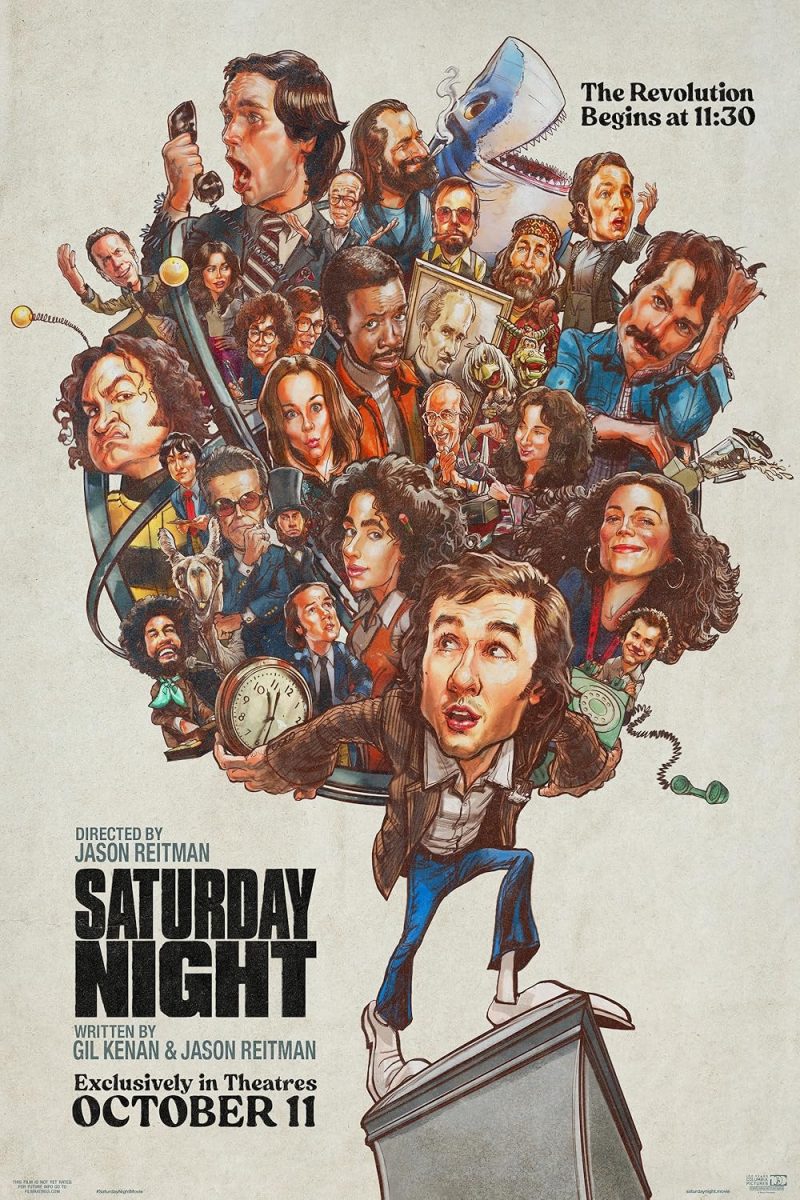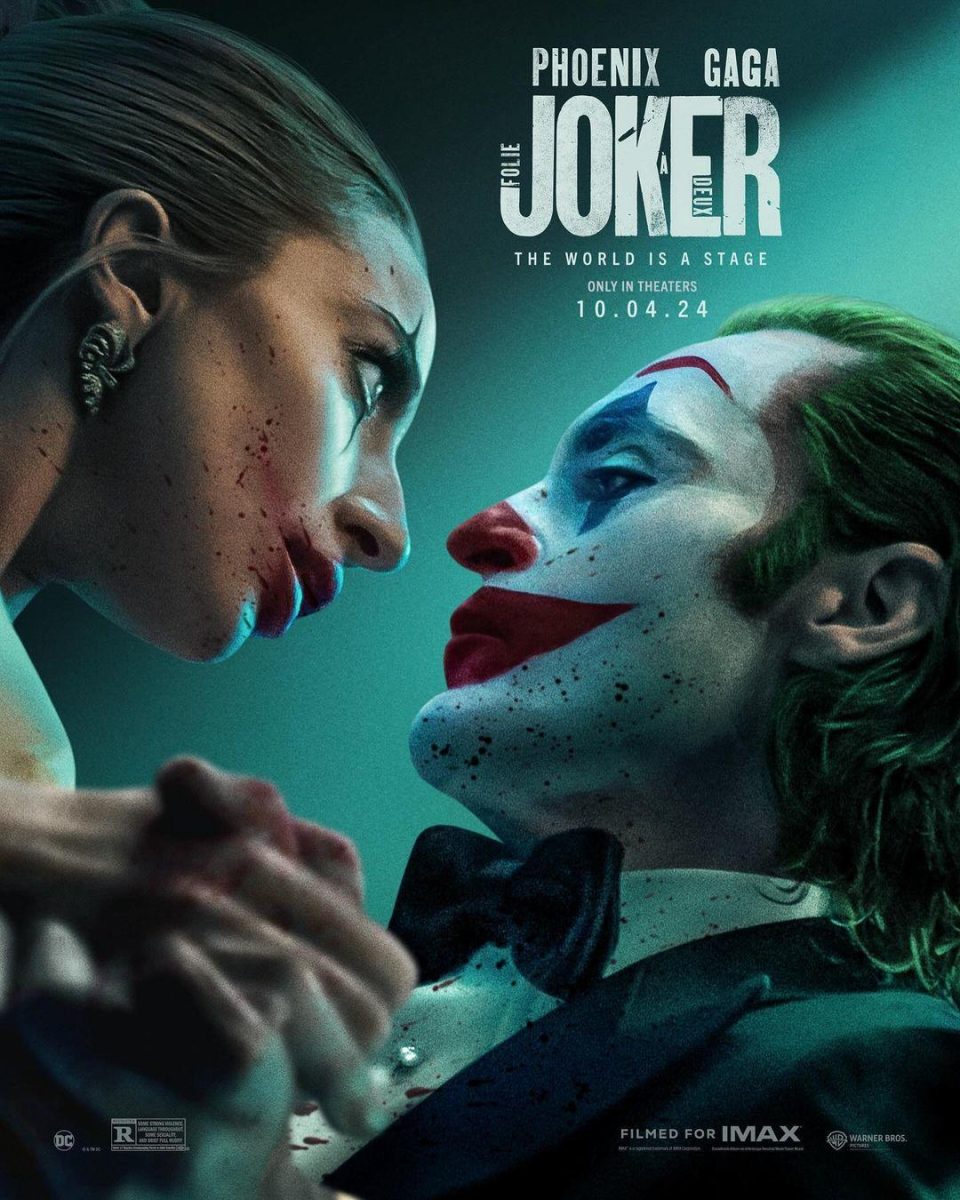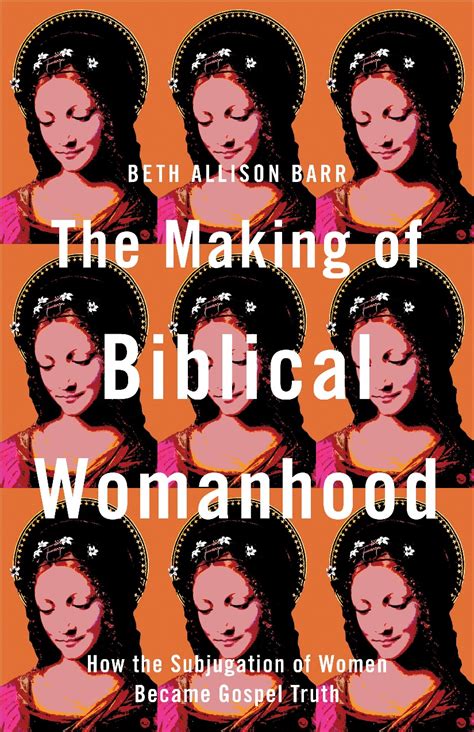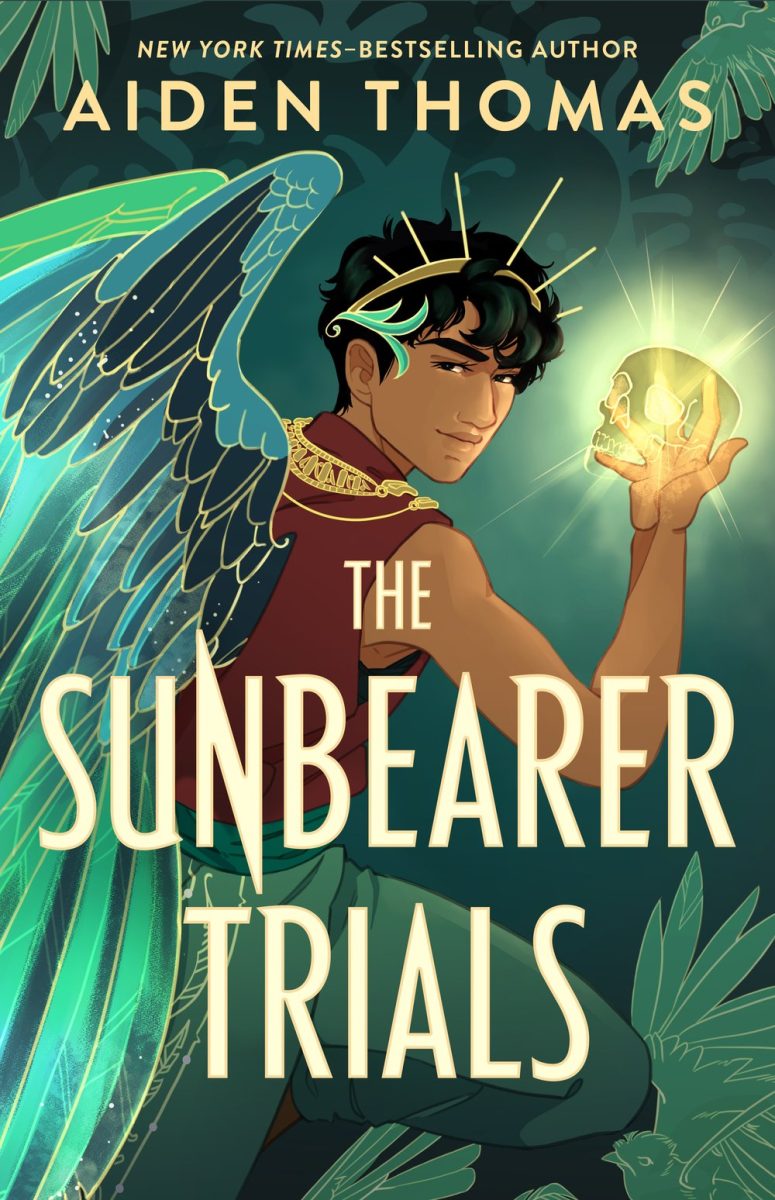Good art transcends mediums, but not all artists can transcend good art. Take the cover; a well-established musical staple in which one artist writes and performs a song and another artist will “cover” it. Pretty straightforward. But what about when artists switch genres?
As one of Machine Gun Kelly’s most outspoken critics of his “pop-punk” material, while I shamefully admit to gatekeeping, I will also reinforce my behavior to protect the integrity of the art being created. We are born able to recognize effort and execution, and when artists delve into other genres of music, listeners are split into different camps.
While some listeners are drawn to the experimentation, others staunchly oppose but will often also call out artists for writing the same album over and over again. To properly analyze execution in one genre, we can take into account their material in a previous genre; case in point, The True Blue’s 2016 and 2017 singles.
In the two years leading up to their initial debut, The True Blue made their transition from former Detroit, progressive/pop punk/metalcore outfit, Alive In Standby. On June 1, 2016, Alive In Standby posted a handwritten note regarding their activity from their last tour with metalcore band, ISEESTARS. The note re-directed the band’s fans to a new Instagram page. Incidentally, on the same day, they also released their first single of the year.
“Night Kick” was the first single by the metalcore-turned alternative-pop outfit on June 1, 2016. Being the introductory track to a new identity for a former hardcore outfit deciding to focus on the pop element of their tracks has its difficulties. Melodies and themes must be refined and different enough to stand out in a sea of artists all competing with the same sound.
The band turned to vocalist and lyricist, Christian Koo, for musical direction, given he was responsible for keys, song construction and melodic programming in their previous outfit.
Given all the changes, “Night Kick” is a foundational track, exhibiting the talents of the band’s new sound. It establishes a modern urban flavor accompanied by an ambient music video. Koo’s lyrics are complex and vulnerable, combining a stream of conscious emotive reactions and poetic prose. However, the style is nothing new when you compare it to Alive in Standby’s full-length debut two years prior. While progressive and soulful structures support Koo’s strong vocals, foreshadowing the shape of five years’ worth of music to come.
“War” solidifies the melodic visual aesthetic of the band. That being said, this could be a point, early in the new band’s existence, where the musical aspect of the track was pushed to the back. The track’s common theme of betrayal and anguish, associated with unfaithfulness and messy break-ups, Koo’s raw vocals on this track, and the music video capture the beauty of Koo and guitarist, Ben Wilkins, using the acoustics of an abandoned church for the track.
Where the track works is relativity. Whether it be a relationship with someone else, or maybe you are re-evaluating your relationship to your craft, the last verse in the song is strong enough to carry its entirety “Your misery ends where mine starts/And you feel safe in my arms/I can only love for so long.”
“Greed” is the band’s first structured effort and is still reminiscent of the band’s previous material. That’s not to say it is the same; it’s a progression of the band’s foundation.
Greed is explored through means of melody. The track explodes in the inclusion of a produced snare, further progressing with Koo’s lyrics, exploring the means to preserve one’s self, when he not only gives so much of himself up as an artist but as someone in this world with ties and relationships to maintain.
The track highlights the anxiety and stress of maintaining relationships and familial and social relationships, where Koo wholeheartedly puts melody to lament, “I feel needy/I just want you to need me/And oh Lord, I feel greedy/If only now they would see me.” In the bridge, the lyrics shift to a worry posing a contrast on what happens when one is greedy and needs space for oneself “And I’m just afraid if I fail/That you won’t love me/If you ever loved me.”
“Sleepless” is a trap/soul anxiety-driven stream of consciousness. While written in a minor scale, the track is a bold and experimental take on trap-fused rap, where Koo opts for spoken-word prose. Calling it a change of pace would be an understatement in comparison to Koo’s seemingly solo effort, given Wilkin’s eerie, emotive guitar melody. It was the perfect track to end the year.
When bands are either in a period of re-invention or entirely restarting, an identity must be established. This could depend on a band choosing one individual to handle creative responsibilities or the band’s belief in one individual’s ideas for the collective.
In the case of The True Blue, the search for identity is somewhere between prose-driven lyrics and small, thematic melodies that parallel experiences in life. Finding a balance can either result in creatively synergistic results, or experimental material that lacked execution. Transitioning from hardcore could have removed an element that would allow them means for exploration. Instead, it synthesized their talents and efforts to carve out a welcoming niche that emphasized a new take on the alternative, pop and hip-hop realm. Searching for a new sound might just have put the band in a position to make material we never knew we’d be hungry for.
4/5


